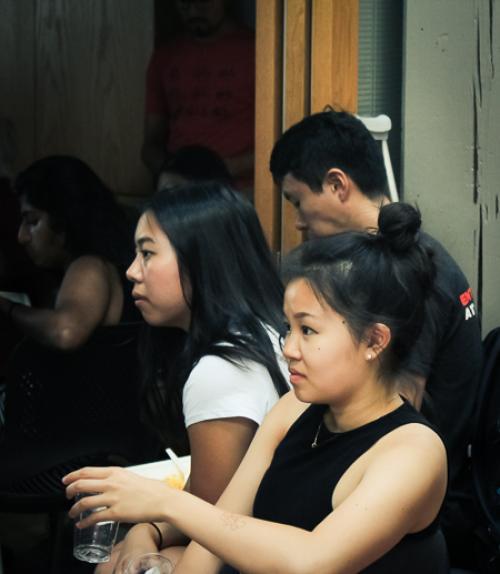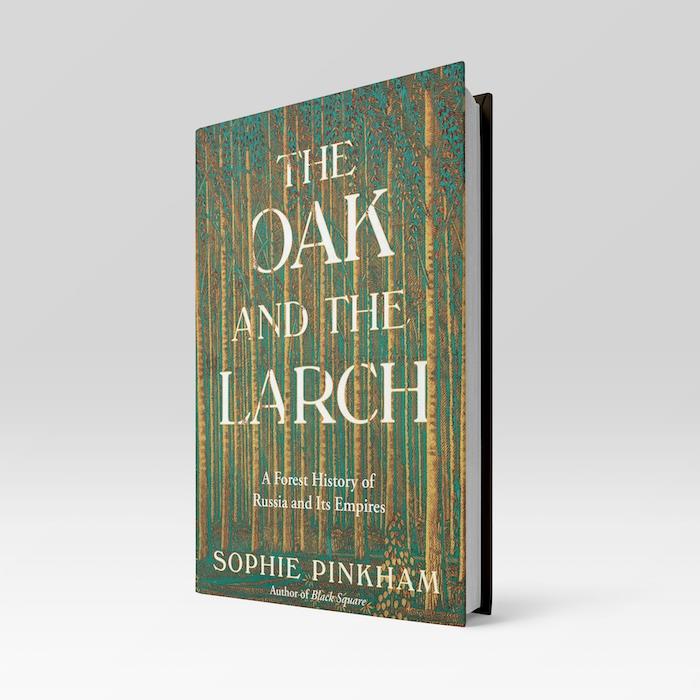
 Department Homepage
The College of Arts & Sciences
Department Homepage
The College of Arts & Sciences
Lunch series features informal discussions
So many students attended the semester’s first Wednesday Lunch Series on Aug. 29, sponsored by the Asian American Studies Program (AASP) and the Asian and Asian American Center, that some of them ended up standing.



